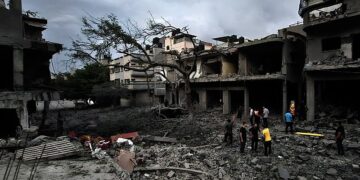January 22, 2024
Today’s D Brief: U.S. forces, attacked; China’s Mideast wins; SecDef summoned to Hill; And a bit more.
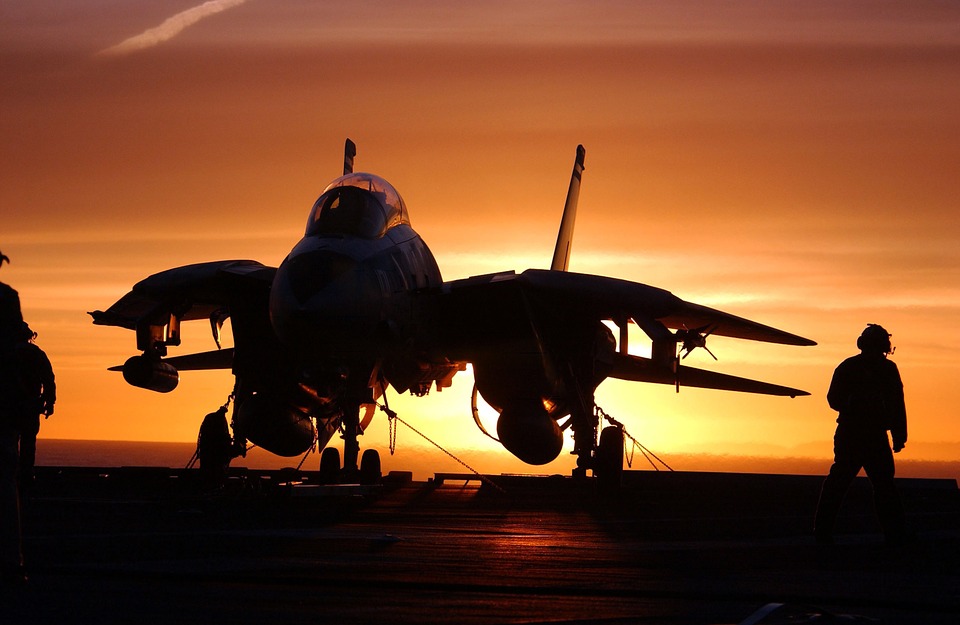
So far, the Houthis’ “drone and missile volleys have not caused casualties or sunk any ships,” Michael DiMino of the Washington-based think tank Defense Priorities wrote on Friday. “The overwhelming majority of Houthi attacks have either missed their targets or been defeated,” and “The group’s few successful hits have resulted in minimal damage with ships remaining seaworthy,” he added. However, DiMino cautioned, “Strikes alone are unlikely to alter Houthi strategic intentions; decrease the frequency of attacks on cargo shipping; or significantly degrade” the group’s capabilities. How about a larger effort? “A more extensive air campaign against the Houthis—as the Saudis attempted unsuccessfully for nearly a decade—is unlikely to succeed,” he said. Other options available to the White House include “accelerat[ing] aid shipments into Gaza, which would help alleviate the humanitarian crisis there, deprive the Houthis of their justification for attacks in the Red Sea,” DiMino wrote. The U.S. could also pursue “no-condition talks” with the Houthis “in exchange for merely acknowledging the current realities on the ground: that the group is already a pseudo-state, controls all of northern Yemen’s territory, and governs the majority of the country’s population,” DiMino advised. After all, he said, “‘stateless’ nations—such as the Kurds in Iraq and Syria—regularly conduct diplomacy, use threats of coercive violence, and enact their own foreign policies with state actors. The Houthis are no exception.” Read on, here.
More on Middle East
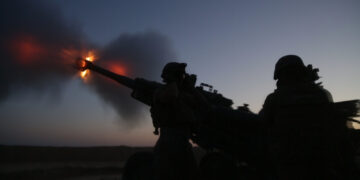
Featuring William Walldorf
December 11, 2025

By Benjamin Friedman and Rosemary Kelanic
December 5, 2025
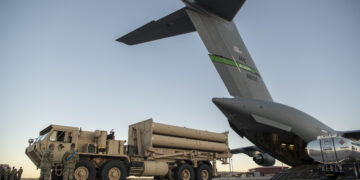
By Geoff LaMear
December 5, 2025
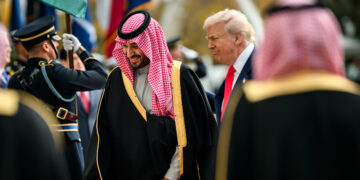
November 19, 2025
Events on Houthis

